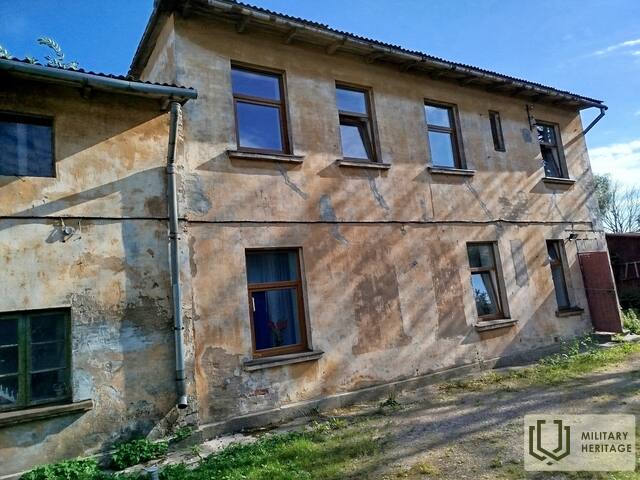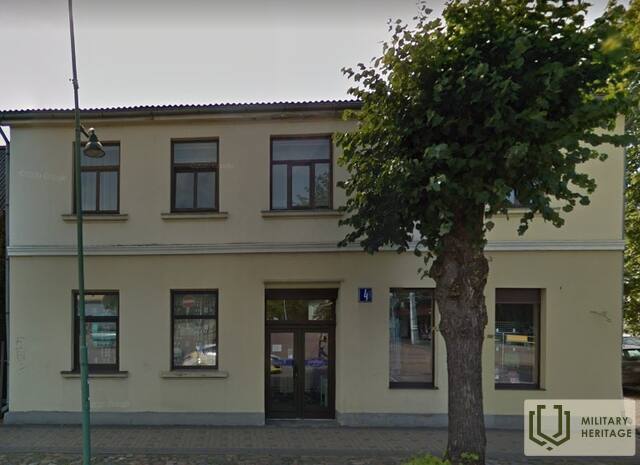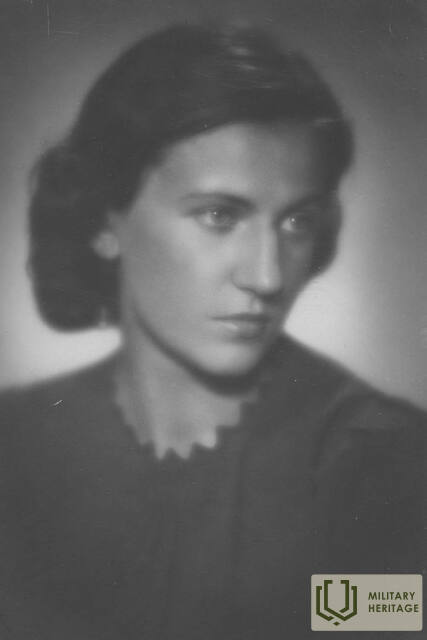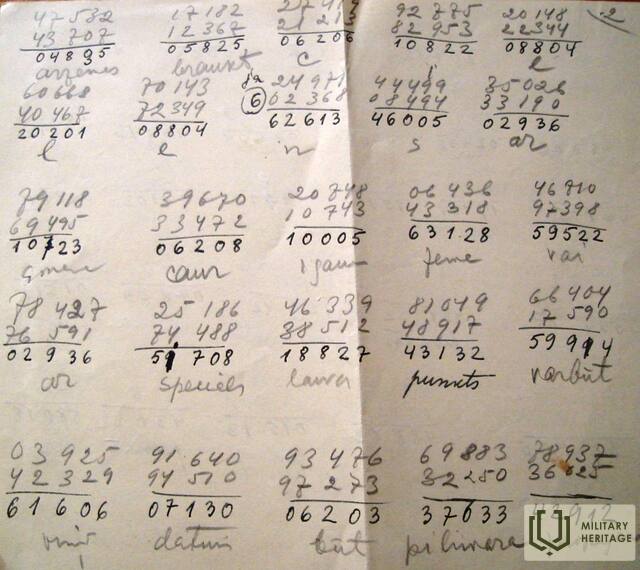Pastatas Ventspilyje, kuriame 1944 m. gyveno LKP ryšininkė Valentina Jaunzeme (Lasmanė)
Memorialinė vieta


Name Lauku gatvėje 4, Ventspilyje, gyveno mokytoja Valentina Lasmane (mergautinė pavardė Jaunzeme) (1916–2018). Ji buvo Latvijos komunistų partijos ryšių palaikymo pareigūnė ir Ventspilio ryšių grupės narė. Po Antrojo pasaulinio karo gyveno Švedijoje.
Ji surinko 130 valtimis pabėgusių asmenų liudijimus leidinyje „Per jūrą 1944/1945“ (Stokholmas, 1990), tačiau pačios V. Lasmane gyvenimo istoriją galima perskaityti knygoje „Naktis nebe skirta tik miegui“ (Ryga, 2020). 2000 m. jai buvo įteiktas Trijų žvaigždžių ordinas. Ji mirė 2018 m., būdama 102 metų, Stokholmo priemiestyje Täbyje.
Panaudoti šaltiniai ir literatūra:
Per jūrą 1944/45. 130 liudininkų atsiminimus sutvarkė V. Lasmane. Stokholmas: Memento, 1990.
Naktis nebėra skirta tik miegui: Valentinos Lasmanės gyvenimo istorija. Ryga: Mansards, 2020.
Filmas „Prieglobstis valtyse“ iš TV filmų serijos „Būti latviu. Švedija“ https://www.youtube.com/watch?v=YoI7LWS0110
Susijusi laiko juosta
Susijusios temos
Susijusi istorija
Valentinos Lasmanės sėkmingas pabėgimas
Valentinos Lasmanės biografinis pasakojimas apie tai, kaip jai pavyko pabėgti iš sulaikymo vokiečių okupacijos metu.
Pirmasis pabėgėlių laivas „Centība“ iš Bambalio
1944 m. spalio 31 d. laivas „Centība“ išplaukė iš Kuržemės pakrantės. Šio laivo išvykimą, remdamasi kelių bendrakeleivių prisiminimais, atkūrė Latvijos Centrinės Tarybos sušaukėja Valentine Lasmane.
Valdemāro Ģinterio slapta ir pavojinga veikla
Valdemāro Ģinterio vardas buvo paskutinė viltis daugeliui Latvijos pabėgėlių pabėgti į Švediją. Per didelis pabėgėlių dėmesys buvo pavojingas, todėl Ģinteris jį laikė paslaptyje.
Pabėgėlių perkėlimo valtimis punktas iš Kuržemės pakrantės į Švediją prie „Pāžių“ namų
Viena iš svarbių perkėlimo vietų buvo netoli „Pāžių“ namų, kur dabar pastatytas paminklas – „Vilties burė“. „Laivai reguliariai atplaukdavo ir daugiausia žmonių išvykdavo iš „Pāžių“, – sako I. Freibergo prisiminimai.


















